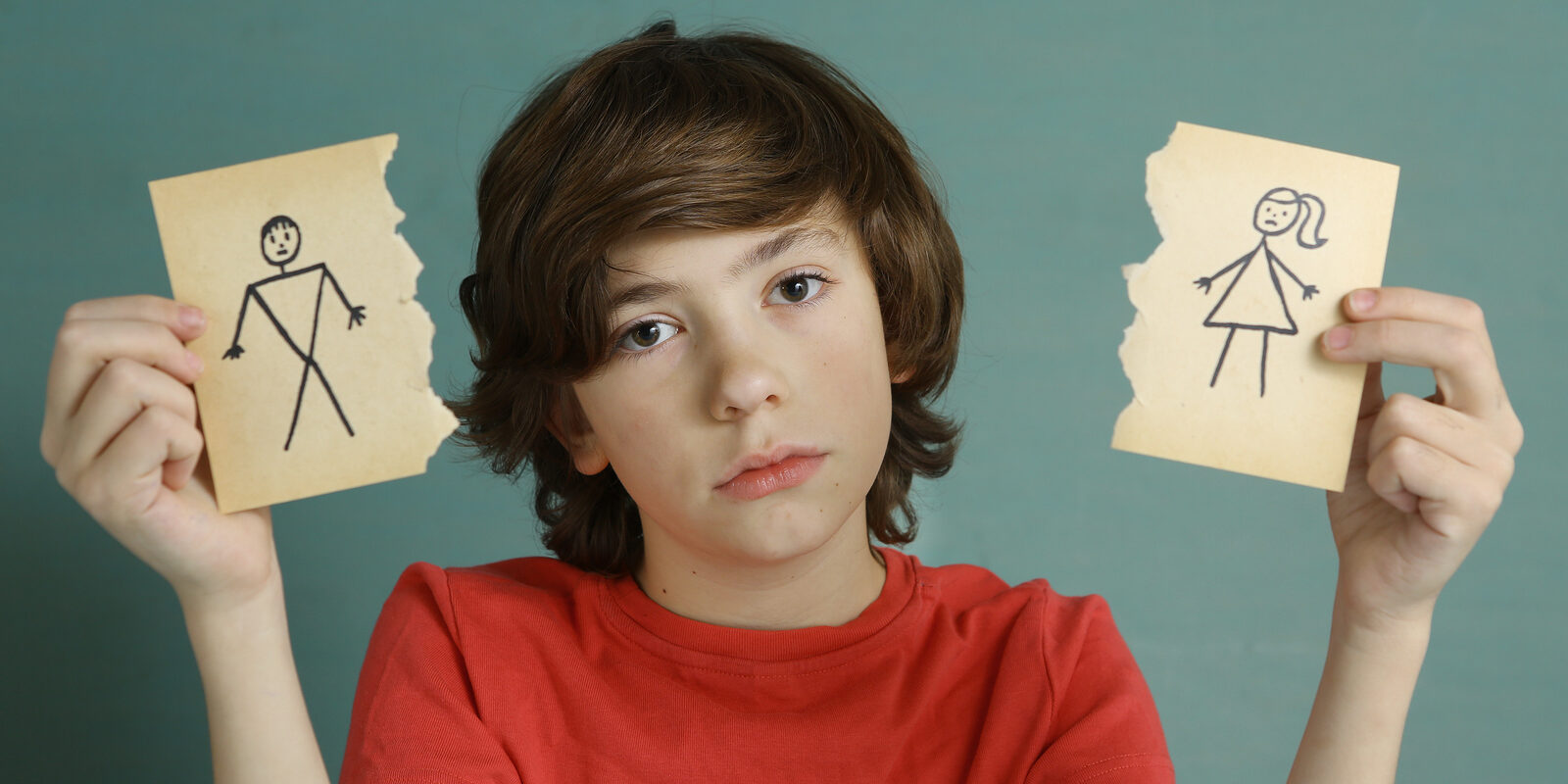Not all of us grew up under the threat of discipline with a belt, a tree switch or a wooden spoon. People were not exposed to corporal punishment and those who believe that the occasional spanking made them stronger people are often diametrically opposed and will rarely agree on what constitutes abuse and what constitutes discipline.
Obviously, no one condones child abuse, and in many heartbreaking cases, it is clear that someone’s idea of discipline has been tragically warped. Unfortunately, allegations of abuse can sometimes be thrown around as weapons in a divorce case, and sometimes legally acceptable discipline becomes a matter of conflict between a divorcing couple. When it comes to physical discipline, it is important to know what the law considers acceptable and what is illegal. Make sure that if your child is being subjected to abuse that you alert the proper authorities and inform your family court judge.
Is it Discipline or Abuse?
Corporal, or physical discipline is allowed under Washington state law so long as it is reasonable, moderate, and used for the purpose of correcting the child. When considering an allegation of abuse, the court will look at things like the circumstances of the discipline, as well as the age, size, and health of the child.
In contrast to the discipline described above, physical abuse is never allowed and can result in criminal charges and/or lost custody or visitation rights in a child custody case. Washington’s statutes define abuse as the non-accidental infliction of any injury on a child, which includes but is not limited to:
- Throwing, kicking, burning, or cutting a child
- Striking a child with a closed fist
- Shaking a child under age three
- Interfering with a child’s breathing
- Threatening a child with a deadly weapon
- Doing any other act that is likely to cause, and which does cause bodily harm greater than transient pain or minor temporary marks, or which is injurious to the child’s health, welfare or safety.
All of these actions constitute abuse, not discipline, and can have serious consequences for both the parent and the child.
Consequences of Abuse
During a divorce proceeding, a spouse who is shown to be abusive or neglectful can be prohibited from sharing custody of the children. After accusations of abuse, the court may also require parenting or anger management classes, can limit the amount of visitation a person receives, or in extreme cases, can terminate a person’s parental rights entirely. If necessary, the court can also order the police or Child Protective Services to get involved in order to protect the children.
Allegations of abuse, neglect, and violence are serious and should become part of your divorce proceedings. While it can be disappointing to learn that a person accused of abuse may still be able to have some visitation with his or her children, all parents should know that there are many steps a court can take to keep your child from harm.
At Pacific Northwest Family Law, we share your disgust and outrage when your former partner is abusive or violent. We will work with you to negotiate a divorce or custody agreement that keeps your children safe and makes you comfortable.



